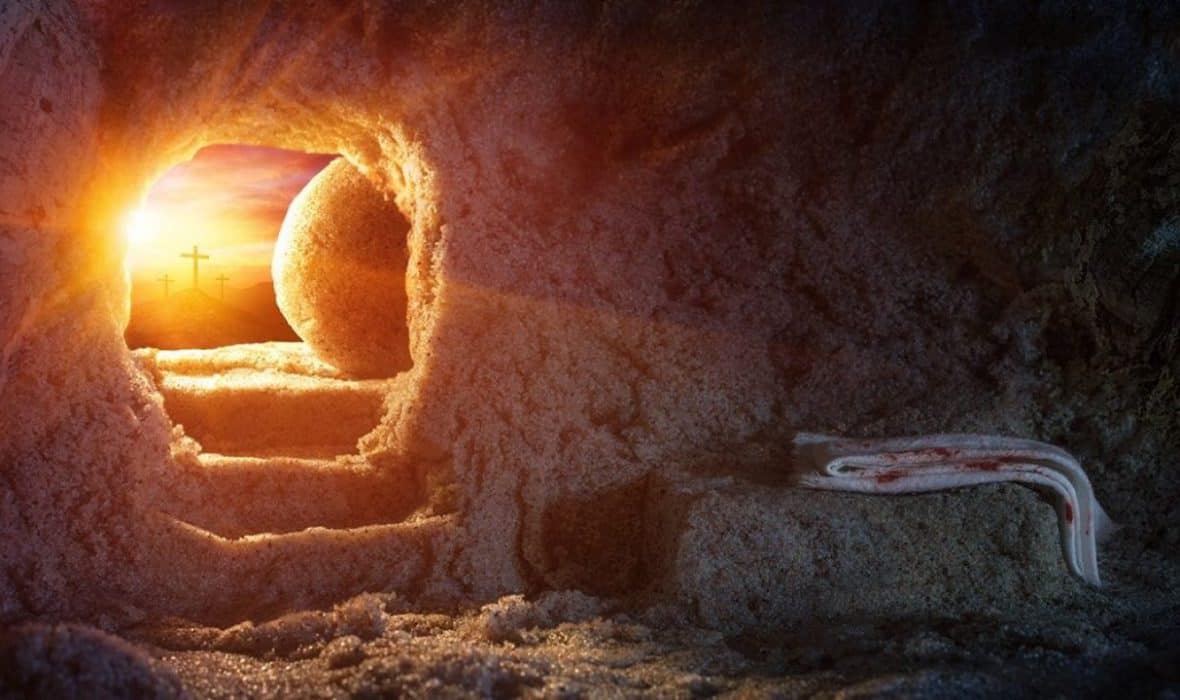I have believed in the resurrection of Jesus for many years. Over the past seven months, I have grown to love the truth of the resurrection like never before.

On a summer Sunday eight months ago, my mother called to let me know that my father had collapsed that morning. A few weeks after that telephone call, I found myself standing in a physician’s office while an assistant clicked through scans of my father’s brain. An undetected tumor in his lung had sown several cancerous lesions in his skull. Seen from the standpoint of Christian faith, these results signaled the approach of a time when the “last enemy to be abolished” would separate my father’s spirit from his flesh (1 Cor. 15:26) until that future moment when the risen Lord Jesus returns for his own.
Thus began a long journey alongside my father down that dark hallway with the door marked “Death” at the end. I watched as a country pastor who previously devoured multiple books every week became incapable of assessing whether his newspaper was right-side up. Sentences once spoken with an inescapable Ozarks twang disintegrated into unaccented grunts and finally into silent, liquid stares.
In September, at the time when my father would typically have finished preaching his Sunday evening message, he opened his eyes and began to breathe in deep, ragged heaves. We sang “Amazing Grace” to him, and he passed from this life at “bright shining as the sun.” On the first day of fall last year, we planted his flesh in the stony red soil of southern Missouri. There, his body awaits the spring of resurrection, the death of death itself, the consummation of the new covenant that was inaugurated on a hill outside Jerusalem so many centuries ago.
I have defended, debated, and written books about the resurrection of Jesus. And yet, I do not know that I ever realized until the past few months quite how much depends on the resurrection. I have long believed in the resurrection based on a combination of historical evidence and faith. But now, I love the doctrine of the resurrection because, if there is no resurrection, there is no hope in death and, if there is no hope in death, there is no lasting purpose in life.
Jesus was “the firstfruits” of resurrection life (1 Cor. 15:20), a foretaste of how God will raise every believer to eternal life. The risen Lord’s presence with His followers three days after His death provided evidence of the inauguration of God’s kingdom and the vindication of Jesus’ claims. But there is something else as well, twined in that reunion of Jesus with his first followers: a picture and a promise of a future moment when those who live in Christ and those who have died in Christ are raised together in fellowship with one another, never to die again.

